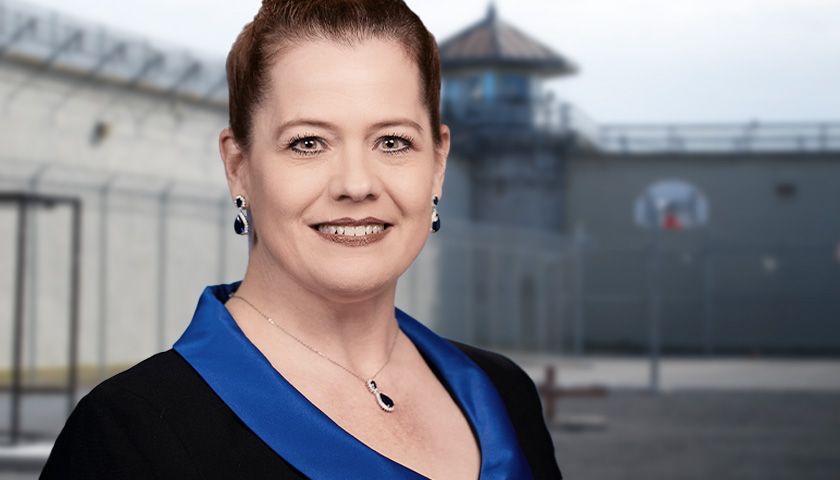by Anthony Hennen
A significant portion of Pennsylvania’s 38,000 inmates live with a mental health condition, but often don’t belong in prison, state officials say.
Department of Corrections Acting Secretary Laurel Harry told lawmakers this week that 36% of incarcerated men and 66% of women are diagnosed with mental illness – and the state has made significant strides to provide treatment.
“Obviously, we feel we do a great job,” she told the Senate Appropriations Committee. “But there are folks that really should not be in our system. So, what I think we can do better in our communities is provide more services for these individuals.”
Gov. Josh Shapiro proposes increasing the department’s budget by nearly 6%, as staffing shortages increase overtime costs. But, Harry said, the system employs many mental health professionals – including psychiatric service associates, specialists, license psychology managers and psychologists – and even offers specialized institutional care.
While it proves successful inside the system, troubles arise after release, she said.
“Even when they leave our care … they say, ‘well I feel better’ – but they feel better because they’re on medication,” Harry said. “So, they stop taking their medication and of course it’s a cycle. Improving resources in the community will certainly enhance folks not coming to our system.”
In 2008, the department adopted the Recidivism Risk Reduction Initiative, which offers certain non-violent offenders the opportunity to shave time off their sentences in exchange for training that helps them lead “productive, law-abiding lives.”
As of 2018 – the most recent year for which data is available – the department said the program reduced recidivism between roughly 15% and 20%. A 2016 report said more than 15,000 inmates completed the program and the 5-year recidivism rate among RRRI participants, at the time, had dropped more than eight percentage points to 45.9%. The program had also saved the state $214.4 million through a reduced prison population.
Harry said diversion courts do reduce recidivism, but so do programs that connect residents with jobs. Prisons offer workforce training before release, but Harry said it’s not always unemployment that leads to more offenses.
“Especially if they have a drug and alcohol concern – sometimes the dual diagnosis issue – those will be common reasons for folks to come back into the system,” she said. “But we generally see similar rates into in the community as well. But yes, there is a correlation.”
– – –
Anthony Hennen is a reporter for The Center Square. Previously, he worked for Philadelphia Weekly and the James G. Martin Center for Academic Renewal. He is managing editor of Expatalachians, a journalism project focused on the Appalachian region.
Photo “Dr, Laurel R. Harry” by Pennsylvania Department of Corrections. Background Photo “Prison Yard” by Larry Farr.

Sign up here to get your copy of The Star News Network Daily Update
Daily updates, breaking news, special offers, and more







